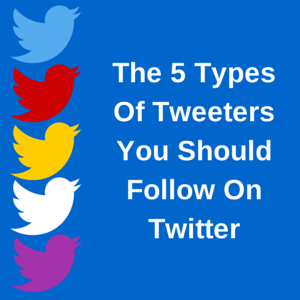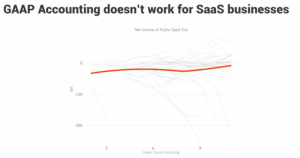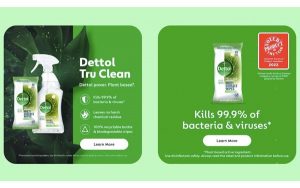Consumer Behavior Changing When It Comes To Sharing Sensitive Information: ARF Study
Consumers have shifted their attitudes and changed their behavior when it comes to advertising and COVID-19 terms, according to findings released from the Advertising Research Foundation (ARF).
The ARF’s Third Annual Privacy Study surveyed about 1,200 U.S. consumers from April 24 to April 27, 2020, using a Qualtrics online sample and platform, with quotas for age, gender and region based on the distribution of the U.S. population.
This year, the survey included new questions about trust, privacy and terminology around the COVID-19 pandemic.
The understanding of privacy policy terminology continues to increase and tends to be greater for those with a higher income level, people in their late 30s and early 40s, and those living in the Northeast or West.
Part of the problem is understanding the use of terminology.
The percentage who clearly understand the term “third-party data” increased by 10 percentage points since last year. For the term “pixel tags,” the percentage who clearly understood increased by eight percentage points, while for “application data caches” it improved by eight percentage points, and for “local data storage,” it improved by seven percentage points.
Coronavirus-related terms are a bit more confusing to consumers in the United States.
At least one-quarter of the population is confused by frequently used terms such as “herd immunity,” “PPE” and “aerosolized droplets.”
The most confusing term to the public among the one dozen covered in the survey is “epidemiological models.”
Trust in scientists and technical experts rises with increasing education. The more serious a health threat is, the more consumers trust the federal government, Congress, scientists and technical experts.
- Doctors (76%)
- Scientific and technical experts (68%)
- Like-minded people (59%)
- Republicans (71%) trust the President and (52%) trust the Federal government far more than Democrats and independents.
- Ethnicity also differs. African Americans (23%) and Asian Americans (30%) are far less trusting than Caucasians (46%).
- Men (46%) are more trusting of information from most sources than women (34%)
The data also shows that the shift slightly away from PCs and toward mobile devices continued in 2020, although at a slower pace.
People still report being more frequent or regular users of PCs more than with mobile devices. Some activity fell in 2020 compared with 2019, such as visiting social media sites. What do people do on their device? The breakdown is as follows:
- Check email on desktop (82%) 2020 (69%) 2019
- Check email on mobile web (68%) 2020 (54%) 2019
- Research purchases on desktop (55%) 2020 (48%) 2019
- Research purchases on mobile web (43%) 2020 (38%) 2019
- Buy things on desktop (56%) 2020 (50%) 2019
- Buy things on mobile web (38%) 2020 (14%) 2019
- Banking or other financial services on desktop (53%) 2020 (46%) 2019
- Banking or other financial services on mobile web (41%) 2020 (45%) 2019
- Listen to music on desktop (43%) 2020 (41%) 2019
- Listen to music on mobile web (44%) 2020 (35%) 2019
- Watch movies or TV on desktop (43%) 2020 (33%) 2019
- Watch movies or TV on mobile web (30%) 2020 (37%) 2019
In general, the kinds of data people are more or less likely to share has not changed much since 2019. Both in 2019 and 2020, people were willing to share their gender, race/ethnicity, marital status, employment status, sexual orientation, religion, political affiliation and citizenship status.
Respondents were least willing to share their social security number, financial and medical information, home and work addresses and phone numbers in both years. However, perhaps because of COVID-19, the willingness to share more sensitive data — social security numbers, financial information and medical information — is greater in 2020 than in both previous years.
The percentage of the population willing to share their health information with health-related organizations to help stop the virus was high. Only health insurance information would be shared by less than 50% of respondents. Although mask-wearing has become a controversial political touchpoint in some parts of the country, it was the piece of health information that Americans were most willing to share.
Despite the fact that contact tracing is considered a key weapon in the battle against COVID-19, one-quarter of the sample expressed an unwillingness to share information about being exposed to someone with the virus.
This column was previously published in Inside Performance on September 22, 2020.
(46)
Report Post



